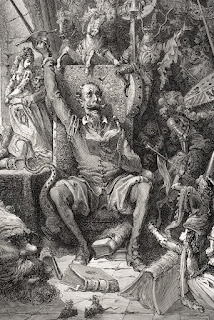This Way Madness Lies is the latest game from developer Zeboyd Games, creators of indie classics like Cthulhu Saves the World and Cosmic Star Heroine. When I heard that Zeboyd was creating a game based on the works of Shakespeare -- starring magical girls -- I literally jumped for joy. Then I asked for a review copy. I couldn't imagine exactly how a game about magical girls in the stories of Shakespeare would work, but I knew it would change my life for the better.
If you've been following this blog for any amount of time you are probably aware that I have spent a lot of time writing about Shakespeare's influence on the video game medium. In fact, earlier this year I wrote about the vast quantity of games that are based specifically on Hamlet. Hamlet is all but absent from This Way Madness Lies, and I suspect that's because the game's creators knew that the bard's other plays needed a bit more attention in the video game realm. I was impressed by writer Willow Boyd's knowledge not only of the contents of Shakespeare's plays, but of the scholarship and historical discussion surrounding the plays and their author. I studied Shakespeare throughout college and two levels of graduate school but I still learned a thing or two from this game. Truly (verily?) the game's writer is a genuine bardolator.
The most notable aspect of This Way Madness Lies that a new player will undoubtedly appreciate is the soundtrack. Immediately upon starting the game and viewing the opening menu, players are hit with a truly rocking symphonic metal banger, which I had to sit and listen to several times before I was willing to move on to playing the actual game. From this menu players can navigate to the credits, which show that the music was composed by Joshua Queen, while the vocalist is Sarah Queen. Note that I still have this song stuck in my head as I'm writing my review, and I haven't even played the game today. The soundtrack throughout the game is just as good, and I felt nostalgic for the Persona series as I was listening to the soundtrack of This Way Madness Lies -- perhaps it was an influence?
After the musical score, my favorite aspect of the game is its referential humor. Not only are there clever little quips about Shakespeare, but in true Zeboyd Games style there are lots of references to older games by the same developers, and to their favorite sleeping god, Cthulhu, and his otherworldly brethren. Every piece of dialogue in This Way Madness Lies is dripping with my kind of humor (mostly cheesy), so I couldn't help but have a big grin on my face throughout the 14+ hours I was playing the game.
I can't consider this review complete without mentioning the beautiful pixel art. Each character is incredibly detailed and unique and players will get to see these details on full display every time the protagonists complete their magical girl transformations -- a necessary staple of the magical girl genre.
While I loved this game with all my heart, I would be lying if I said I didn't have any less than positive thoughts, however small. First: accessibility options are practically nonexistent. HOWEVER: I didn't find that I personally needed any accessibility accommodations in this game. I played the game with a controller and selected easy mode, and those seemed to be all the accommodations I personally needed. The game was very easy for me and I had no difficulty with controls or with my ability to see or hear the game. That said, I am only somewhat low vision and I suspect there are players who would benefit from some accessibility options like different text sizes and fonts, etc. The developers have been very good about updating the game after listening to their players, however, so accessibility options may be added in the near future (or they may already have been added as I haven't played the game in the last few days).
I enjoyed the decision to start the story in the middle of the action -- we don't have to slog through origin stories for our magical girls, and I approve of that decision. I do wish we had a bit more background and character development for the girls, however. Is it too early to hope there will be a sequel or prequel to This Way Madness Lies?
To answer my question in this post's title: yes, I would say that This Way Madness Lies is my game of the year for 2022. Does that mean I am comparing it to titles like God of War and Elden Ring? No, because I didn't play those games. I tend to spend most of my time playing more niche titles, so my closest runner-up that I played this year would be Kirby and the Forgotten Land. But I can't deny that This Way Madness Lies moved me in a way that I haven't been moved since the first time I played Supergiant's Bastion. It wasn't just the Shakespeare angle that hooked me -- I genuinely connected with the characters and the world of the game. I felt like this game was made for me, specifically, and that's a rare feeling. I greatly look forward to seeing where Zeboyd Games goes from here.
I received a copy of This Way Madness Lies for free in exchange for an honest review.


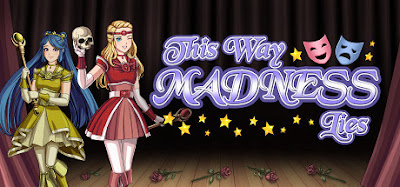



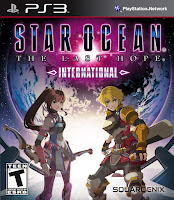
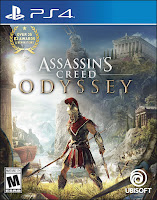




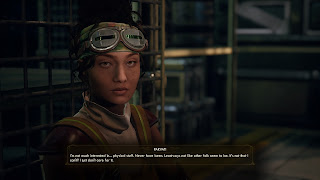
.jpg)

.jpg)

.webp)

